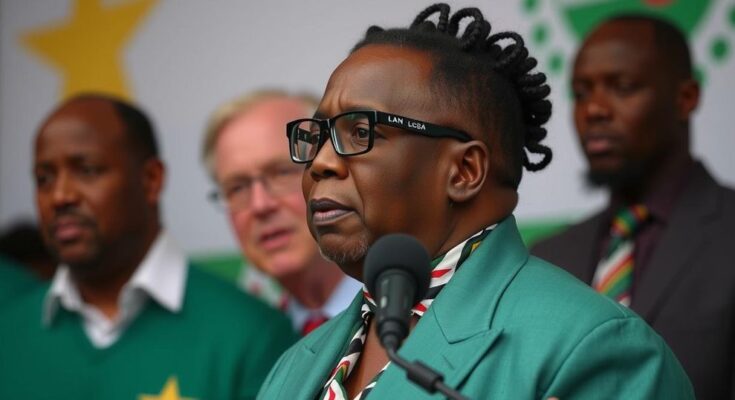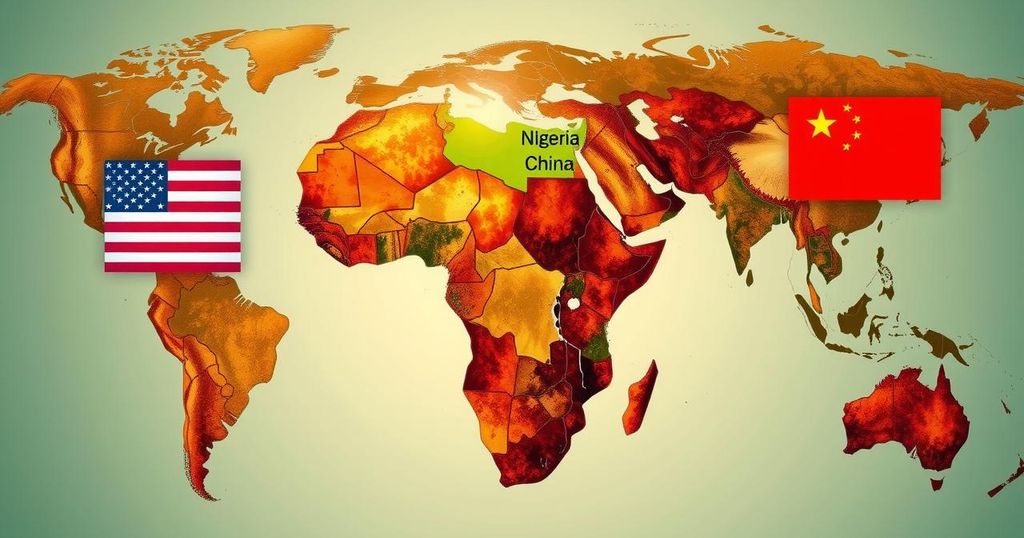Namibia’s IPC has filed a legal challenge against recent election results, alleging significant irregularities and demanding access to detailed ballot tallies. The SWAPO party was declared the winner but faced accusations of disenfranchising voters due to logistical issues. The IPC aims to assess the extent of these irregularities to consider further actions regarding the elections’ validity.
On Monday, Namibia’s primary opposition group, the Independent Patriots for Change (IPC), initiated a legal challenge by filing petitions with the electoral court. The party demands access to the official tallies for all ballots cast during last month’s election, where irregularities surrounding the counting and voting processes have emerged. The IPC has publicly stated its refusal to accept the election results, which were marred by logistical issues that hindered voter participation in the November 27 election.
The SWAPO party, which has maintained a stronghold on power in Namibia since the nation gained independence 34 years ago, was declared the winner, with presidential candidate Netumbo Nandi-Ndaitwah receiving 57 percent of votes, compared to the IPC’s Panduleni Itula, who garnered 25.5 percent. The IPC’s application to the court highlights concerns about significant irregularities during the election. The party seeks a thorough examination of vote tallies over the four days of voting to assess the extent of these irregularities and to decide on potential further legal action regarding the elections’ legitimacy.
The electoral authority acknowledged various issues that emerged on the first voting day, including a shortage of ballot papers and malfunctioning electronic voting devices, leading to protracted wait times and lines that stretched up to 12 hours. Consequently, many voters opted to leave without casting their votes. The IPC has alleged that the challenges faced by voters were intentionally designed to suppress turnout and manipulate results.
The legal challenge from the IPC comes in response to irregularities reported during Namibia’s recent elections, which have sparked controversy and raised questions about the electoral process’s transparency. The country’s electoral landscape has been dominated by the SWAPO party since independence in 1990, making any challenge to its authority a significant event. The IPC’s demands for the release of detailed vote counts reflect a wider concern about electoral fairness and the integrity of democratic processes in post-colonial African states.
In conclusion, the IPC’s move to contest the election results underscores critical concerns regarding electoral integrity in Namibia. The request for detailed vote tallies is intended to ensure transparency and accountability within the electoral process. This legal challenge may mark a pivotal moment in Namibia’s political landscape, potentially affecting public trust and future elections.
Original Source: www.barrons.com




